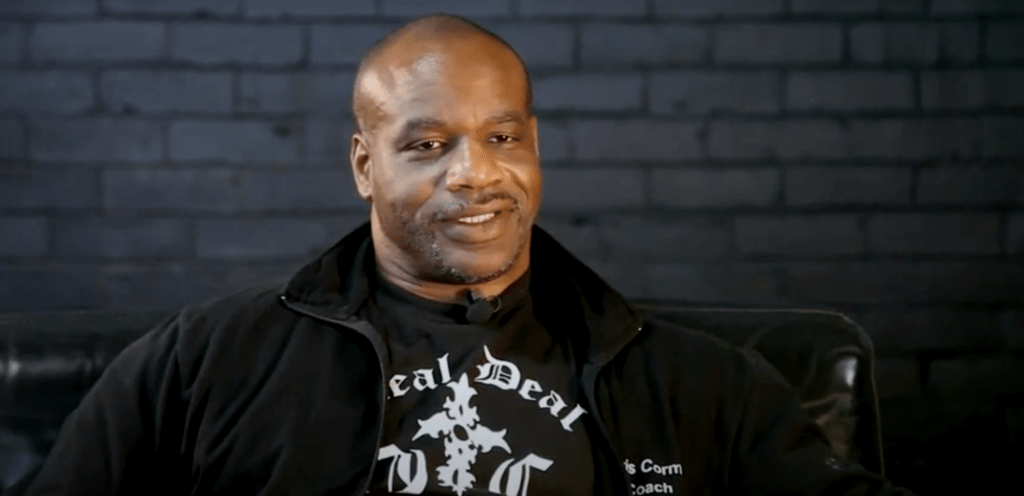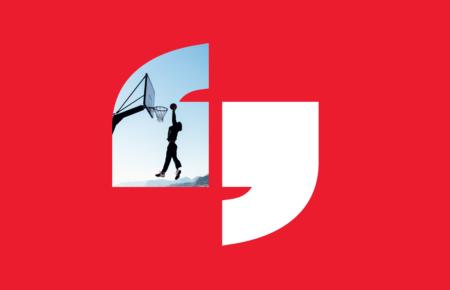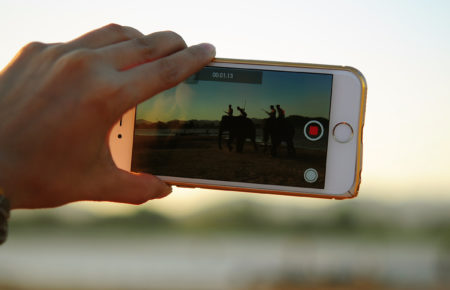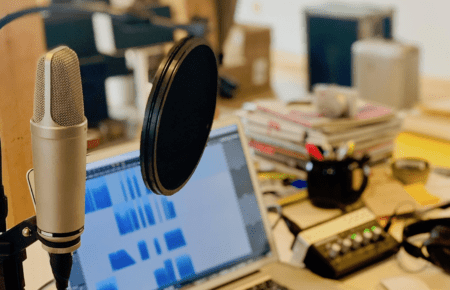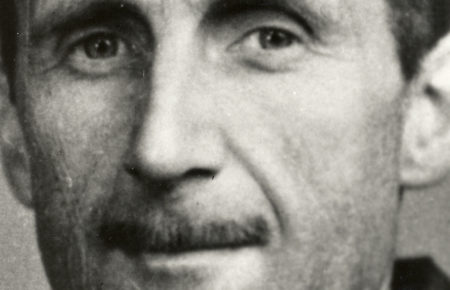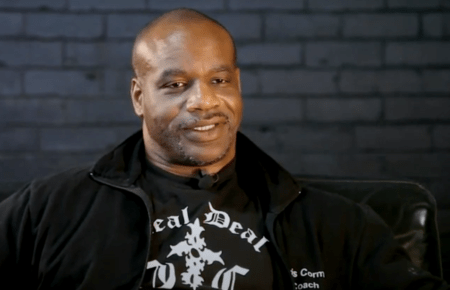A part of me was flattered when I learned that our documentary Chris Cormier: I Am The Real Deal had been taken and illegally uploaded to YouTube. Even more flattering was the fact that it had accrued 25,000 views in just over a week, and the comments were all positive.
It was co-producer Gary Phillips who discovered the breach. He received a message from a friend in the US to tell us this had happened: bodybuilding is a small industry.
But the flattery turned to anger when it became clear that the person who had taken the film and uploaded it wasn’t just looking to share something with the public so that they could get it for free. He was seeking to gain new followers and subscribers to his YouTube account off the back of our hard work, he was collecting ad revenue from the views that really belonged to us, and he was doing what he could to not only go undetected, but to take away any incidental credit that we deserved and eliminate any evidence that we had even made the film.

Yes, this was a special kind of thief. This dodgy character had gone to the trouble of editing the film he had stolen to remove the opening and closing credits and any reference to my business or the identities of the filmmakers who contributed to the project. He also listed the film under a different name so that it couldn’t be searched for and found (which makes the 25,000 views even more impressive).
The guy was averaging 2,000 views per video on his channel, so the incentive for him was to hope that the film would be shared and enjoyed, people would think there was more content like this coming their way if they subscribed to his channel, and those interested in his other videos and subsequently, his products — which also happened to be anabolic steroids and other PIEDs mind you — would buy from him.
Further investigation into this guy (I won’t do him any favours by naming him) revealed that he was actually a lawyer for a time, before being removed from the profession in the United States. He was known in bodybuilding, had a poor reputation and was unlikely to give two stuffs about us or our hard work to put the film together and distribute it.
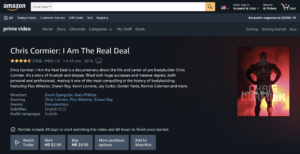
He had been shut down by YouTube before and considering the content he was actually pushing out — literally instructional material about how to do anabolic steroids and other experimental drugs — it was staggering to know that this material was ok in the eyes of YouTube. This was all very troubling, but at the risk of sounding like I’m just here to have a big whinge, I’d like to share what my options were, what actions we took, the outcomes and the lessons learned.
First thing was to contact YouTube using their Copyright Takedown Notice form. It’s a simple form to fill out but you will need to provide evidence that the material is yours. Because the film was not on YouTube, I was concerned that this was going to be a challenge.
What I included was a link to the Amazon Prime Video purchase/rent page. I also submitted a link to the film’s trailer. I also asked the other producers of the film to do the same. Watching the views tick over by 150 views an hour or 3,500 views a day, it was a nervous wait.
Six hours passed without a response so I decided to up the ante with YouTube. I emailed their Support area and demand that they either remove the video or recompense me for the money lost and ad revenue they were illegal collecting on my content. It made me wonder how much money YouTube makes in scenarios like this, when content creators have had their work posted to YouTube when they haven’t wanted it there, and the material has brought in ad revenue. It would be in the order of millions.
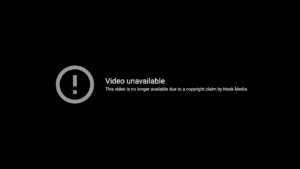 After 24 hours, I was pleased to learn that the video had been taken down and replaced with a notice that a copyright claim had been made by Hook Media. It was a pleasing outcome, but still, frustrating that there was no doubt a loss of income and revenue gained from our intellectual property. Could we make a claim for some of that revenue? I think it’s reasonable to suggest that we could, but whether it’s worth pursuing that, it seems unlikely.
After 24 hours, I was pleased to learn that the video had been taken down and replaced with a notice that a copyright claim had been made by Hook Media. It was a pleasing outcome, but still, frustrating that there was no doubt a loss of income and revenue gained from our intellectual property. Could we make a claim for some of that revenue? I think it’s reasonable to suggest that we could, but whether it’s worth pursuing that, it seems unlikely.
What I did learn is that YouTube has a Content ID system that allows them to look for content across its platform that matches any new material uploaded. If you are producing content that you seek to distribute away from YouTube, it is advisable to also upload this material to YouTube and set it to Private, so that it is registered with YouTube, and should anyone upload the same content, they have a record of it and it will be flagged as a potential copyright infringement. This is something we will be doing for all commercial video projects moving forward.
